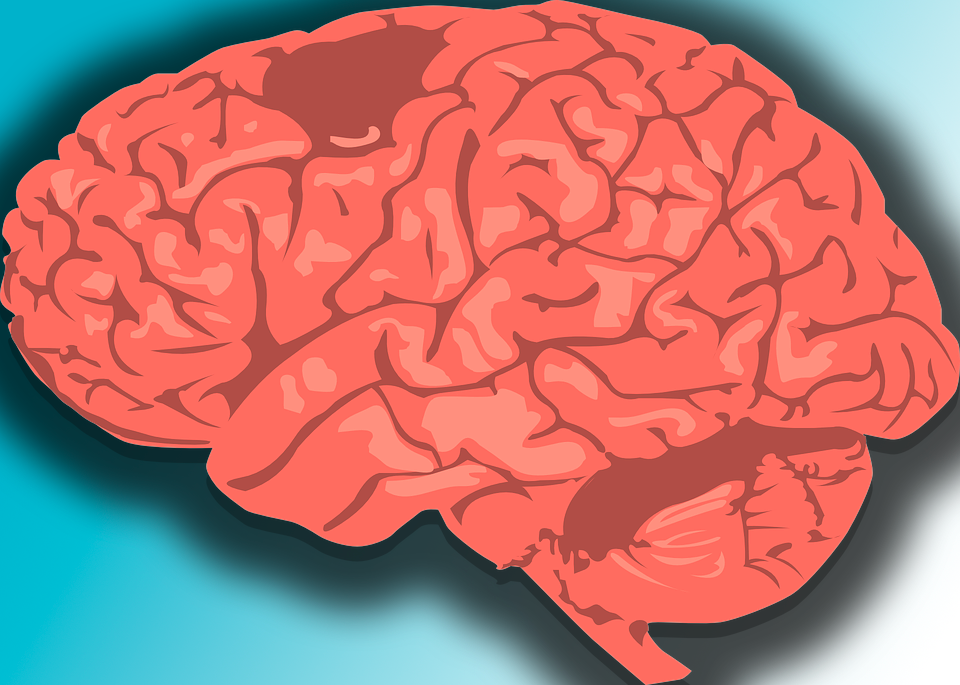By Donna Rohwer
Mondays are always bad, right? I awoke deaf in my left ear—completely deaf. I asked my husband if he thought it was anything to worry about and he said, “Not yet.” I thought the same and appreciated the confirmation. We didn’t know then that sudden hearing loss is a medical emergency.
Sudden Sensorineural Hearing Loss (SSHL)
Damage to the inner ear, the cochlea, or related nerve pathways cause SSHL. A loss of 30 decibels or more in three consecutive frequencies in one or both ears within several days is considered SSHL. Immediate treatment can make partial or total recovery more likely. Unfortunately, many medical professionals— from emergency room to waiting room—don’t recognize SSHL or know how to treat it. As a result, many patients lose the opportunity for recovery because they don’t get the right treatment within the critical time. In my case, I received treatment within a week—it wasn’t optimal, but better than many. I had no significant recovery.
SSHL Is LOUD, Isolating, and Devastating
The shocking thing to SSHL patients is how LOUD everything becomes. Sounds distort and blend together, sound direction is lost, and every sound seems magnified. The tinnitus is sudden and loud, with whooshing, popping, and other sounds. The tinnitus often worsens with activity or background noise, and goes long into the night. Some people don’t feel well, see well, sleep well, or balance well. SSHL strains relationships and many people simply stop participating in activities. I felt as if I had lost my life.
SSHL Can Be Life-Threatening
I consoled myself at first that my condition wasn’t life-threatening. Within weeks, however, I no longer wanted to go on living. I later learned that many people respond this way. Physicians recognize the psychological impact when someone loses a limb. Losing the sense of hearing, suddenly, is not dissimilar. I didn’t know how to live with SSHL, or where to turn for support. I felt abandoned until I received the mental health support I urgently needed.
Alone at the Table
I have slowly reclaimed my life through the support of family, friends, and several Facebook groups. I also have used a cognitive therapy course for tinnitus, antidepressants (briefly), and months of working through the process. But there are still moments. My passion is recreational poker. I recently played with a mixed group, some with typical hearing, some with hearing loss. The hearing people were talking, but the background noise kept me from understanding them, and I don’t know ASL. I felt alone at the table—caught somewhere between the hearing world and the deaf world.
What Do We, as SSHL Patients, Want?
We want non-ENT medical professionals to learn about SSHL and treat it as a medical emergency. We want ENT doctors to recognize the psychological aspects of SSHL and refer us to appropriate resources. We want hearing loss advocates to see that SSHL has unique challenges different from other kinds of hearing loss. Lastly, we want a cure.
You can empower work toward better treatments and cures for hearing loss and tinnitus. If you are able, please make a contribution today.








